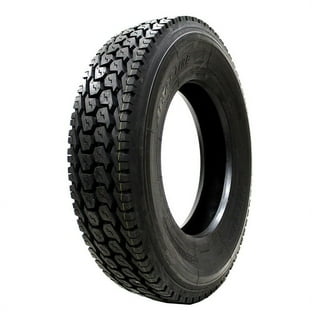Tire Service: Comprehending Tire Stress Monitoring Solutions
Understanding Tire Pressure Tracking Equipments (TPMS) is a critical facet of maintaining optimum vehicle efficiency and safety on the road. With innovations in automobile technology, TPMS has actually come to be a common function in contemporary automobiles, providing real-time information on tire stress levels.

Value of TPMS
The importance of Tire Pressure Monitoring Systems (TPMS) depends on their capability to enhance lorry safety and performance through real-time monitoring of tire pressure levels. Keeping the appropriate tire stress is essential for making sure optimal handling, braking, and overall safety and security of a lorry. TPMS gives drivers with instant responses on any kind of underinflated or overinflated tires, enabling prompt changes to be made.
Components of TPMS
Sensors are usually located in the tire valve stem or attached to the wheel setting up, where they gauge tire pressure and transfer information to the control module. Some progressed TPMS versions also present the actual tire stress analyses for each tire, offering chauffeurs with real-time info to make certain optimal tire efficiency and safety. By checking tire stress constantly, TPMS helps protect against mishaps, lowers tire wear, and boosts gas performance, making it an important element for car safety and security and efficiency. mopar tire service specials.
Kinds Of TPMS

On the other hand, indirect TPMS depends on the lorry's wheel rate sensors to keep an eye on tire stress. This system discovers underinflation by contrasting the rotational speeds of the wheels. Indirect TPMS is less expensive than direct TPMS, as it utilizes existing sensors within the vehicle.
While straight TPMS supplies extra exact readings, indirect TPMS is easier in layout and generally needs much less upkeep. Both systems have their advantages and restrictions, and the choice in between them frequently depends on elements such as price, car make, and personal preference. Recognizing the distinctions between these two sorts of TPMS can aid automobile owners make notified decisions relating to tire maintenance and safety.
TPMS Upkeep Tips
Effective maintenance of TPMS is crucial for guaranteeing optimal efficiency and safety of your vehicle. On a regular basis evaluating the TPMS sensing units for any damages or corrosion is important. Ensure that the sensing units are totally free and tidy from debris that can disrupt their functioning. In addition, it is recommended to check the sensing unit batteries occasionally and change them as required to ensure exact analyses. Conduct routine look at the tire pressure levels and contrast them with the TPMS readings to guarantee they are regular. If there are any disparities, recalibrate the system adhering to the producer's guidelines. During tire rotation or substitute, make sure that the TPMS components are managed carefully to prevent any potential damage. If the TPMS warning light illuminates on the control panel, address the problem without delay by inspecting the tire stress and the overall system for any mistakes. By adhering to these maintenance tips, you can extend the life-span of your TPMS and check over here boost the safety and security of your driving experience.
Benefits of Appropriate Tire Stress
Keeping proper tire stress, as emphasized in TPMS Upkeep Tips, is essential for enjoying the numerous benefits linked with ideal tire stress levels. Furthermore, correct tire stress guarantees also tire wear, expanding best site the life expectancy of the tires and promoting much safer driving problems. In verdict, the advantages of proper tire pressure go past simply tire longevity; they encompass enhanced gas efficiency, enhanced security, far better lorry performance, and overall driving convenience.
Verdict
Finally, comprehending tire stress monitoring systems (TPMS) is vital for maintaining ideal tire pressure and making certain vehicle safety. By acknowledging the importance of TPMS, being acquainted with its components, understanding the various kinds readily available, sticking to appropriate upkeep ideas, and understanding the advantages of keeping proper tire pressure, drivers can boost their driving experience and lengthen the life-span of their tires. Correct tire pressure is vital to effective and risk-free vehicle procedure.
